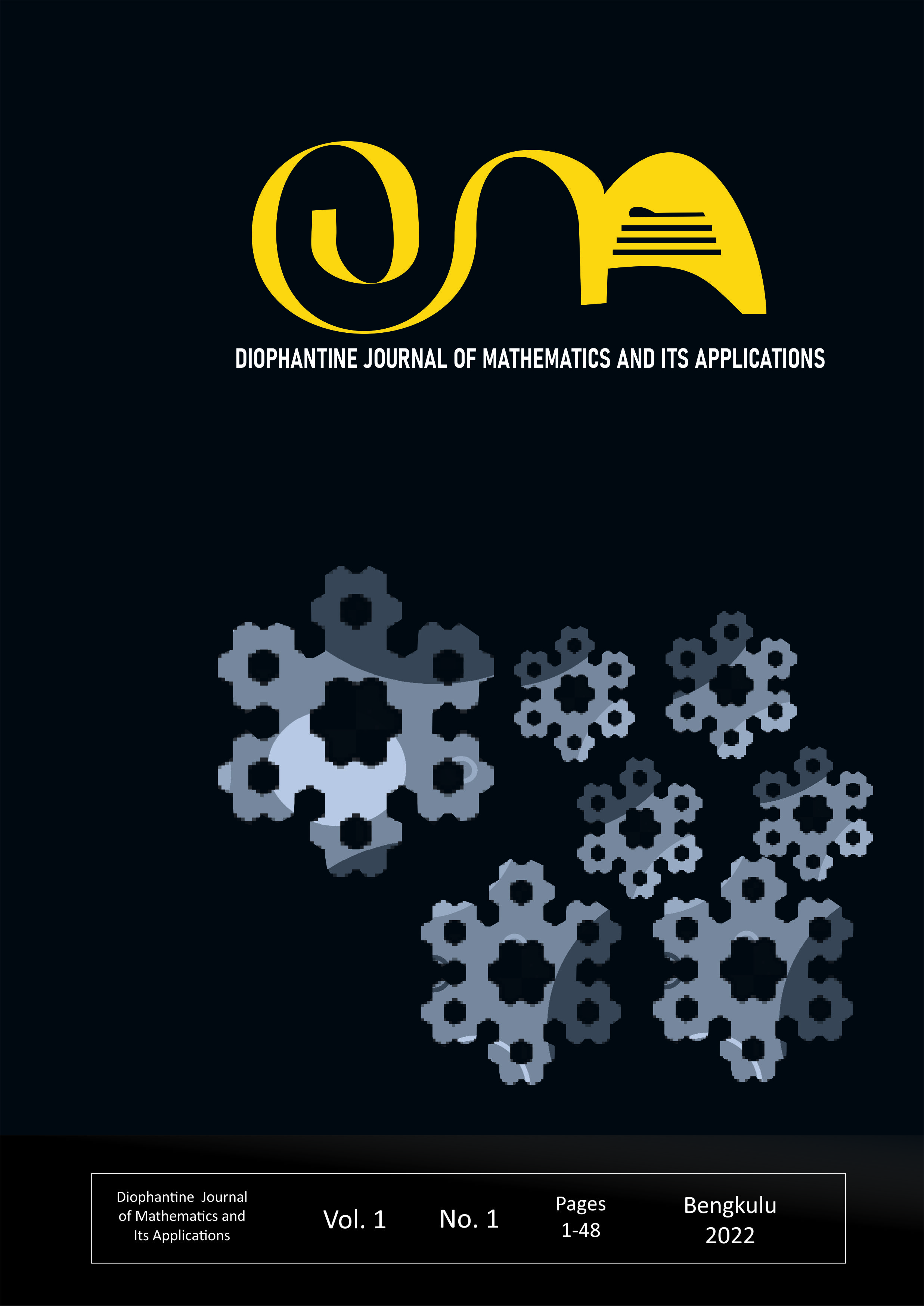Main Article Content
Abstract
One of which its impact the Covid-19 is job availability. This study aims to analyze the unemployment rate in Bengkulu Province, especially during the Covid-19 pandemic. This research is quantitative with a descriptive statistical approach. The data source used is secondary data from the Central Bureau Statistics for 2017-2020. The results of this study state that the Covid-19 pandemic has an influence in a decrease in the number of businesses by 0,86 percent. Two sectors, which are trade and agriculture sectors, became the people's main choice to survive during the pandemic, compared to the industrial sector which has been most significantly affected by the pandemic. In line with that, the population working as family workers/unpaid workers increased to 3,71 percent. The results of the analysis of the data for the last four years show that in terms of education completed, the employment is still dominated by people with low education, that reached 78,27 percent. However, among the three graduates, high school graduates are the most not being absorbed in the world of work. Meanwhile, the number of unemployed people with diploma education has actually decreased.
Article Details

This work is licensed under a Creative Commons Attribution 4.0 International License.
